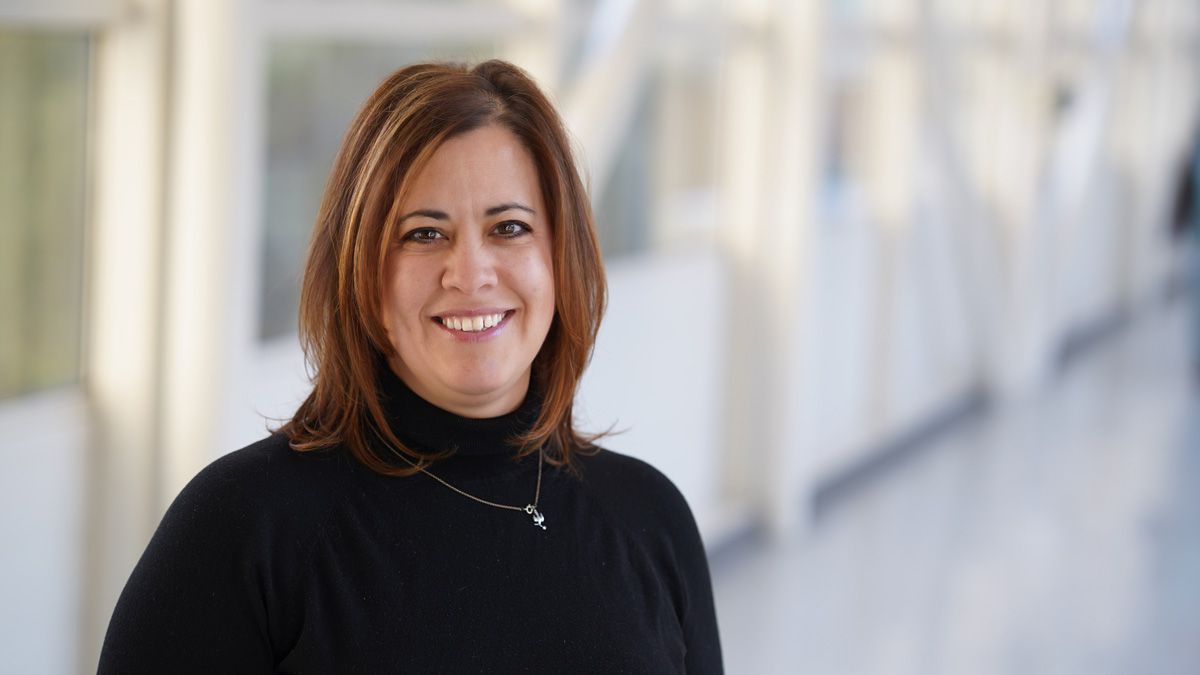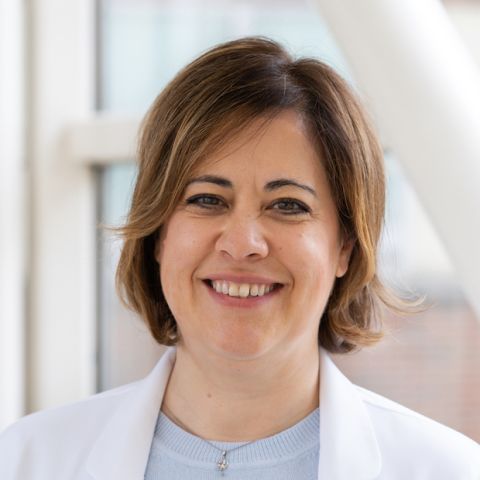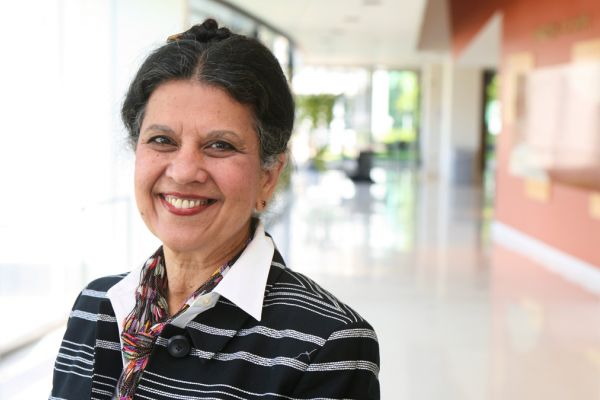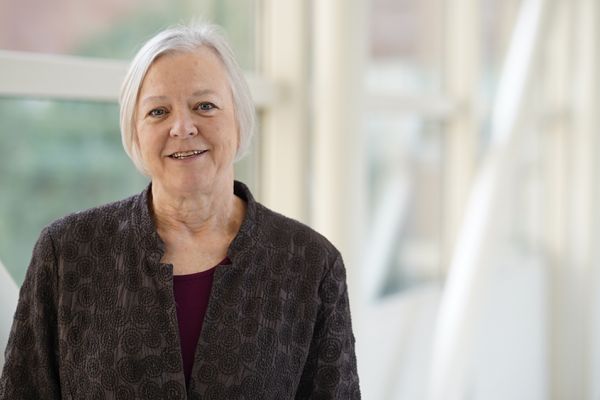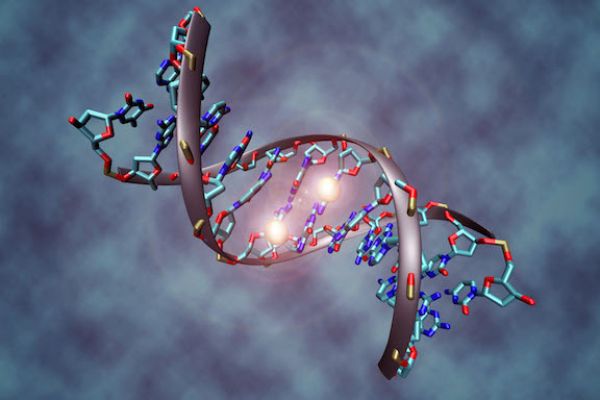Ask Joyce Ohm, PhD, Associate Professor of Oncology at Roswell Park Comprehensive Cancer Center, why she chose a challenging career focusing on epigenetics and her answer comes back sure and clear: “My mom died of a rare form of cancer when I was 10, and I made it my life’s goal to help find a cure.”
Epigenetics is the field in which researchers chart the locations and understand the functions of all the chemical tags that mark the genome, the sum total of one’s DNA (deoxyribonucleic acid) that makes each individual unique. By understanding the human genome, scientists can modify cell behaviors and, in the case of some cancers, turn off activity in cells that lead to tumors and tumor growth.
Dr. Ohm’s work in epigenetics has been rigorous. After completing a PhD in cancer biology at Vanderbilt University School of Medicine in 2003, she accepted a postdoctoral fellowship at the Johns Hopkins University School of Medicine, studying abnormal epigenetic gene silencing in cancer. She then established an independent laboratory at the University of North Dakota School of Medicine and Health Sciences, and helped to build a National Institutes of Health (NIH) funded Center of Biomedical Research Excellence focused on studying the epigenetics of development and disease.
“My interest in science started when I was a kid,” recalls Dr. Ohm. “By the time I was doing my postdoctoral work, I was immersed in looking at how genes are regulated and passed down genetically. Cancer epigenetics is a hot spot, and while it’s been around for a couple of decades, we’re starting to see epigenetic therapies really moving forward, with Roswell Park emerging as a global leader in combining epigenetics therapy with immunotherapy.”
Working in a field that has tremendous potential is exciting, but also requires unlimited patience and determination. “About 95% of everything we do in this field is going to be a failure,” admits Dr. Ohm. “You have to remember that it’s just as important to find the things that don’t work as those that do work, and eventually the research will add up to results. Over time, I’ve come to learn that even the studies I thought were horrible failures ended up being important and shaped the next steps towards progress and success.”
It’s the breakthrough moments that make it all worthwhile, says Dr. Ohm. “Years ago, while in graduate school, I was working by myself in the lab at 2 a.m., looking at the results of an experiment I had been working on for months. After hours and hours of looking for an answer, I finally had one. I’ll never forget the moment of knowing I was the only person in the entire world who knew that one critical piece of information. That was more than 20 years ago, but that moment has kept me going on more than one occasion when I felt frustrated by the amount of time and work it was taking to get the results I was looking for in my research.”
Never miss another Cancer Talk blog!
Sign up to receive our monthly Cancer Talk e-newsletter.
Sign up!Meeting patients whose lives have been changed because of her research is even more gratifying. During her postdoctoral work, she had the opportunity to work with the first generation of effective "smart bomb" therapies, drugs called tyrosine kinase inhibitors that target specific cancer cell types without causing significant damage to surrounding cells, tissues, and organs.
“It was an exciting study because we had a lung cancer patient who was one of the first to respond successfully to the new therapy. We identified a mutation in his tumor in a gene called the epidermal growth factor receptor (EGFR) that made him a super-responder, and now lung cancer patients all over the world are screened for this mutation and others to help select the best therapies,” says Dr. Ohm.
“Many years later I was sitting with a different patient who had survived Stage 4 non-small cell lung cancer, one of the most advanced forms of the disease. He shared with me that he was a cancer survivor because of the EGFR mutation we had discovered, years earlier. It’s those moments that really make the difference and remain a meaningful memory,” says Dr. Ohm.
Today she is actively investigating if both genetic and environmental factors reprogram genes to turn off the cancer and tumor cell growth for pediatric cancer patients.
“We need new therapeutic options for children and young adults and we have the expertise here to really move this field forward. Fortunately, Roswell Park’s biobank has done a remarkable job saving tissue that helps researchers develop new protocols and treatments, thanks to the generosity of donors, typically patients,” she says.
“I wish I could say our successes were all deliberate, but in research you’re often following the breadcrumbs and you have to follow where they lead. If you’re doing good research and experiments and asking good questions, new questions will be generated. Even when they don’t make sense at the time, they will lead you somewhere that makes a difference.”
